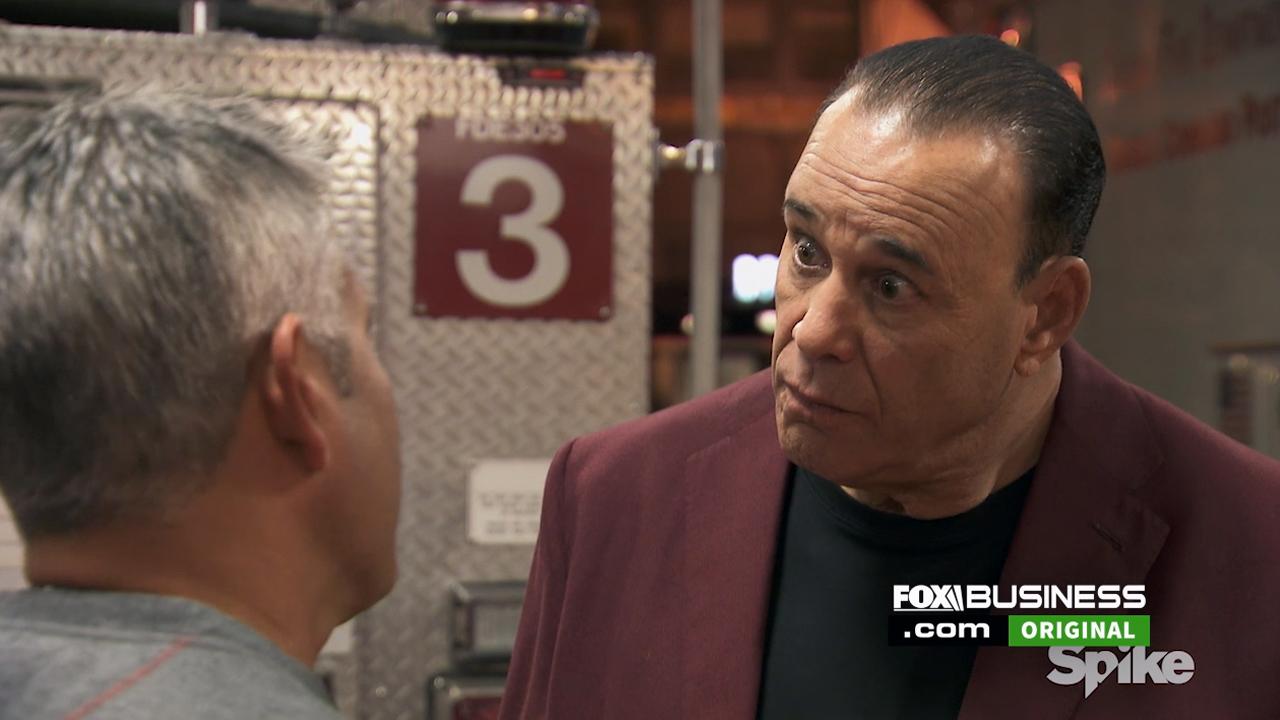Bar Rescue's Jon Taffer: I'm not sure I would open a bar today
‘Bar Rescue’ host Jon Taffer says while he’s a big advocate of helping small businesses, he’s “not so sure” he would open one up today.
“It’s a very different world today. I got in the bar business in 1978 and owned my first one in 1989 and back then music was different, the level of violence was different. I mean people didn’t even lock their front doors. Today, there is a whole separate consideration when you go into this business,” Taffer tells FOX Business.
Other factors, Taffer says, include higher food, beverage and labor costs. Additionally, ObamaCare has continued to cause major setbacks for small business owners. According to the U.S Census Bureau’s Statistics of U.S. business, over 600,000 small businesses open every year in America, while 720,000 close each year. Taffer adds that today 40% of small businesses are owned by families, which is down from 62% in 2000.
“We have a small business crisis here in America,” he adds. “[ObamaCare] adds a percentage to your payroll and it limits your ability to take care of your own employees. Everybody thinks a bar is so profitable, it’s not. It’s not just the glass and the liquid, what about the insurance, the rent, the payroll, the liability, the office, the advertising, the phones, all the supplies; it’s a tough business.”
Taffer, who is currently embarking on a 27-city tour around the country this summer to share his best business a that while there are a lot of factors to deter people from opening up their business, he thinks President Trump is finally turning things around.
“People got scared so they stopped for a few years but now as I travel around the country, I think it’s because of Trump that the business community now sense more opportunity. They sense taxes are going to come down and they sense that jobs are going to be created, so it’s a more bullish time now and I’m starting to see a turn,” he adds.
Taffer also believes in Trump’s message that people need to become less “politically correct” in how they manage people today because it’s affecting their bottom line.
“If we don’t talk about the things that are uncomfortable, I’ll stay frustrated and so will you,” he says. [People] might perceive me as an ass but I would suggest in that moment, if they were in my shoes they might feel differently. Their mistakes cost me money, their mistakes could cause a business to fail. Their mistakes could cause the employee standing next to them to lose their job, layoffs to happen, businesses to close. Business is a serious thing, we have to hold people to higher standards.




















